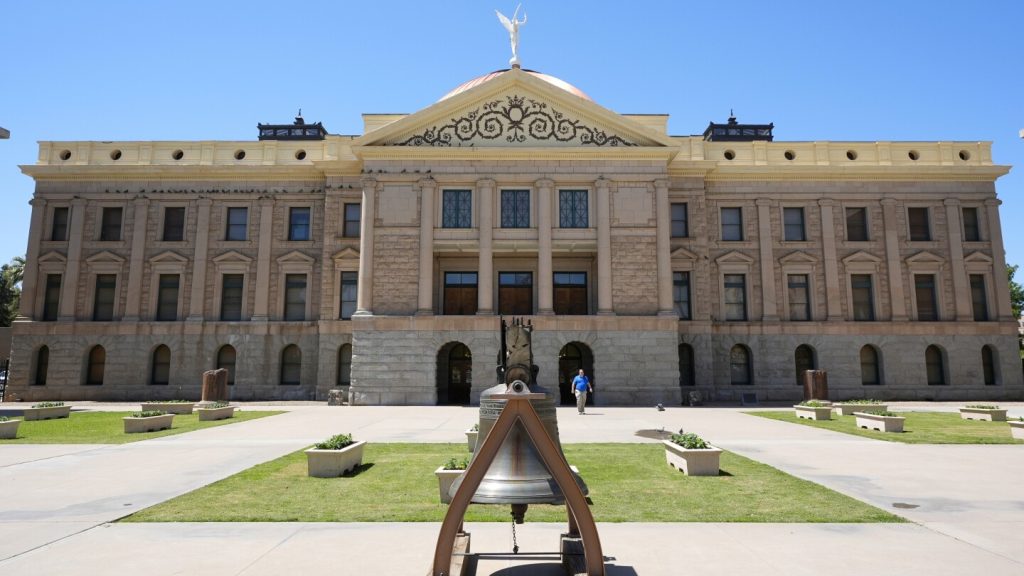The battle over abortion rights in Arizona continues as Democrats make a third attempt to repeal the state’s near-total ban on abortions. This issue has put Republicans on the defensive in a battleground state for the presidential election. Procedural votes have been used by Republicans to block earlier repeal efforts, drawing criticism from Democratic President Joe Biden, who has made his support for abortion access central to his campaign for reelection. Arizona Republicans are under pressure from some conservatives in their base who support the abortion ban, but it has become a liability with swing voters crucial for deciding key races including the presidency, the U.S. Senate, and the GOP’s control of the Legislature.
The Arizona Supreme Court recently ruled that the state can enforce a long-dormant law that permits abortions only to save the pregnant patient’s life. Doctors could potentially face prosecution under the 1864 law, which carries a sentence of two to five years in prison for assisting in an abortion. The law had been blocked since the 1973 Roe v. Wade decision that guaranteed the constitutional right to an abortion nationwide. After Roe v. Wade was overturned in June 2022, Arizona Attorney General Mark Brnovich convinced a state judge to enforce the 1864 ban. The law has not been enforced while the case has been in court, but the state’s high court is now considering reviving it.
If the proposed repeal of the ban is approved by the Republican-controlled Legislature and signed into law by Democratic Governor Katie Hobbs, a 2022 statute banning abortions after 15 weeks of pregnancy would become the prevailing abortion law in Arizona. Planned Parenthood officials have vowed to continue providing abortions while they are still legal and are prepared to help patients travel out of state to access abortion services. Abortion rights advocates have also begun a push to ask Arizona voters to create a constitutional right to abortion, guaranteeing abortion rights until a fetus can survive outside the womb, typically around 24 weeks, with exceptions for saving the parent’s life or protecting their physical or mental health. Meanwhile, Republican lawmakers are considering putting competing abortion proposals on the November ballot, such as codifying existing regulations or proposing bans at 14 or 6 weeks of pregnancy.
The vote on the repeal bill comes after President Joe Biden criticized former President Donald Trump for creating a “healthcare crisis for women” and jeopardizing their access to health care. Democrats are hopeful that one more Republican will cross party lines to support the repeal measure, but a final vote is unlikely until May. Attorney General Kris Mayes has warned that the 1864 abortion ban could be enforced as soon as June 8, despite efforts to block it. The anti-abortion group defending the ban believes prosecutors can begin enforcing the law once the Supreme Court’s decision becomes final. As the battle over abortion rights in Arizona intensifies, the outcome of this legislative showdown could have far-reaching implications for the state’s abortion laws and the reproductive rights of its residents.


